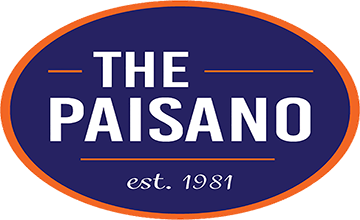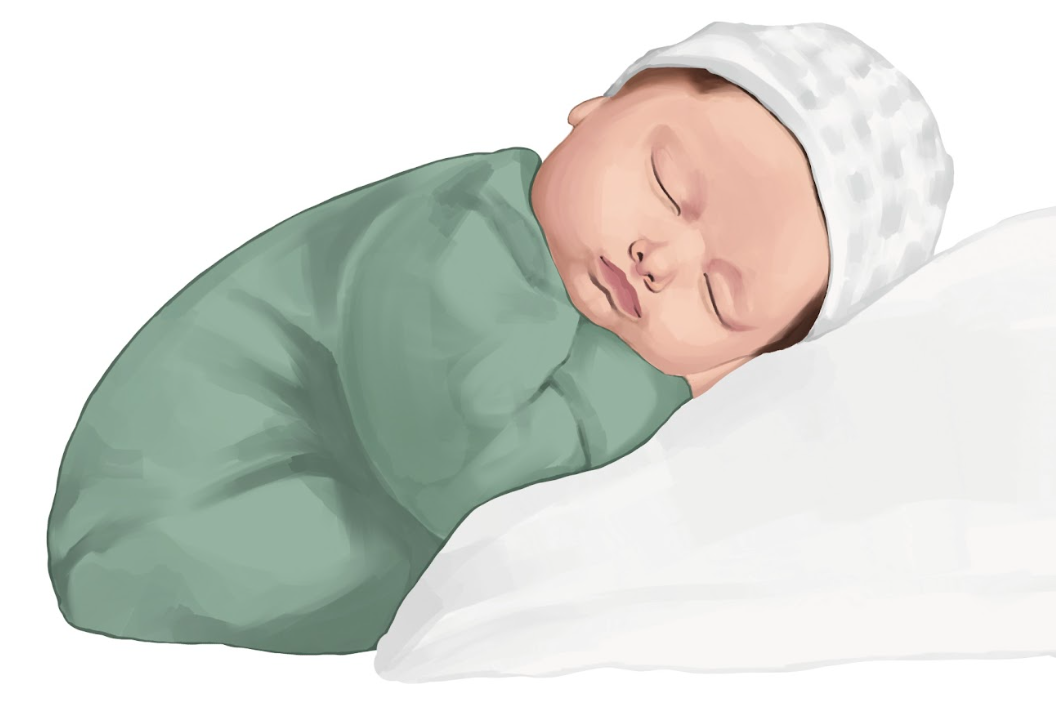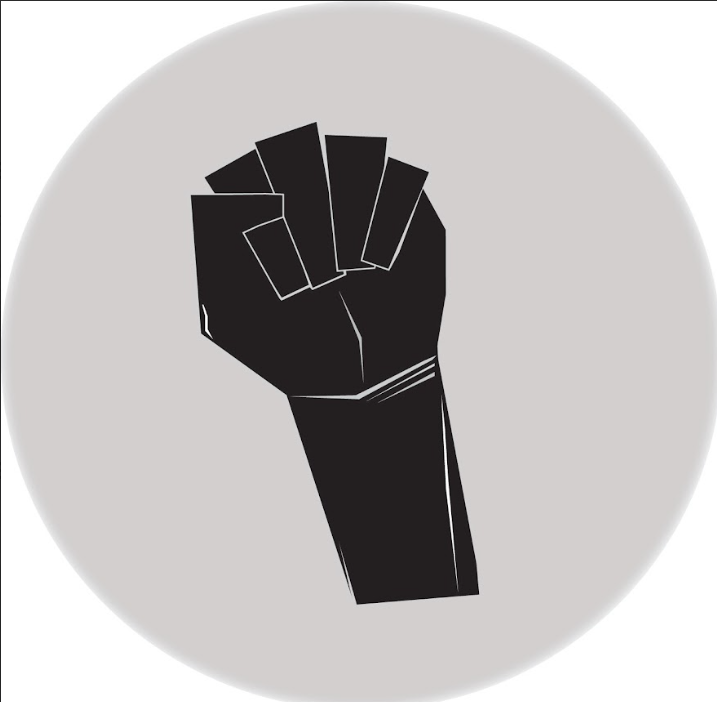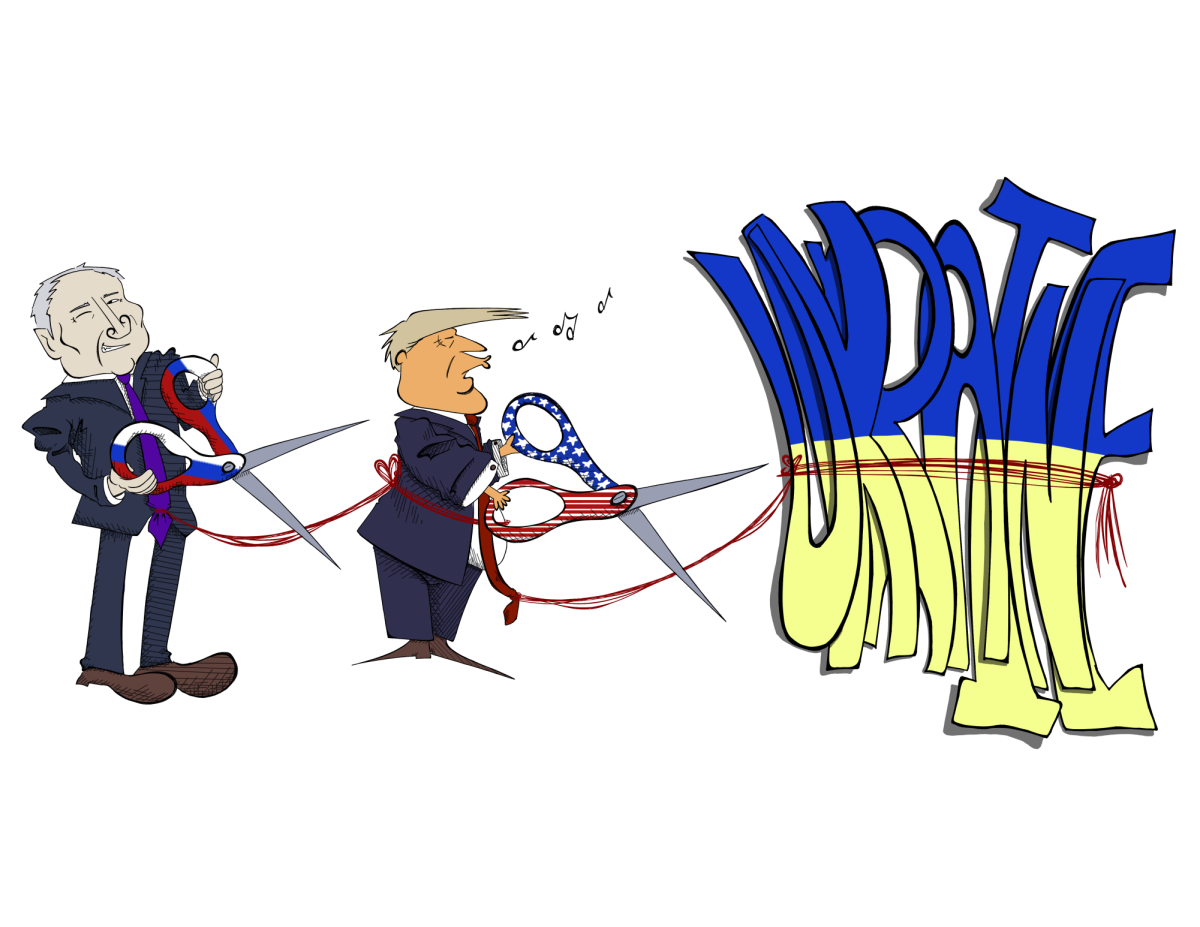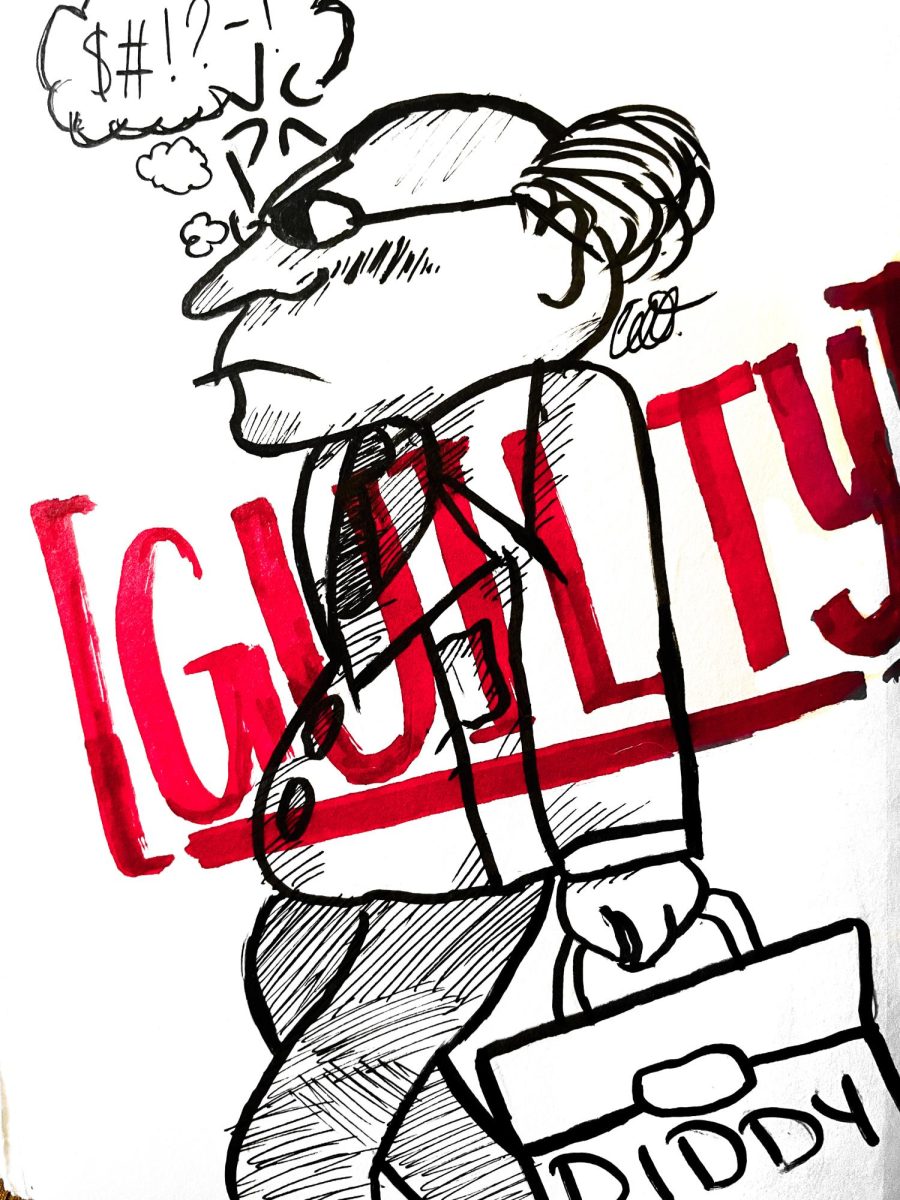On Jan. 14, police arrested David and Louise Turpin after their 17-year-old daughter escaped from the house where she and her 12 siblings were confined. While people around the country have rightfully responded with horrified condemnation, much of the horror ends prematurely, critiquing the particular situation without acknowledging the social and material conditions that produced it.
Specifically, the Turpins were able to go unnoticed because they pulled their school-aged children out of public school and instead homeschooled them without any apparent oversight. The Turpins were further enabled by the distance they maintained from their neighbors.
The underlying horror of these events is that it could happen without anyone noticing, and that is only possible because of the increasing atomization of our society, that is, the tendency to see ourselves as separate individuals rather than interdependent members of a collective.
It was by removing themselves from society at large, opting out of public schools and isolating themselves from their neighbors, that the Turpins were able to do what they did.
There is, after all, no such thing as a true individual. Even archetypical American individualists, such as Thoreau or Christopher McCandless, have been dependent upon the kindness of others. We are all dependent upon others. Not one of us built the roads we drive on or grew the food we eat. Every benefit and privilege we enjoy can be in some way attributed to the work we collectively do for one another.
Individuality is not a quality people have, but rather it is a way of relating to others. You cannot be an individual without being distinct within some group. Individuality within the collective builds upon your cultural identity. Individuality apart from the community erases the culture that identity is built upon.
The movement towards atomization must be understood to be combated, and it can only be understood in its political and economic contexts. The logic of capitalism says each of us makes a discrete individual contribution and that it is the contribution that matters, leaving the people who contribute to be treated as nothing more than interchangeable parts within the economy; it values us according to our capacity to work.
Capitalism sells us individuality as though it is freedom but actually undermines freedom by making us precarious, unable to assert ourselves against a power structure that controls our access to the things we need—food, housing, medicine; everything.
Combating atomization requires us to build stronger communities, and we can do that by pushing back capitalism and privatization. That means providing all children with the education they are guaranteed and further guaranteeing access to healthcare not just for children but for everyone. If the members of this family, parents and children alike, had been seeing a doctor even once a year this never could have happened.
Having strong communities does not merely prevent harm as it would have in the case of the Turpins; strong communities also provide support for everyone within them and recognize the value of people as people, not just for their ability to do work.


